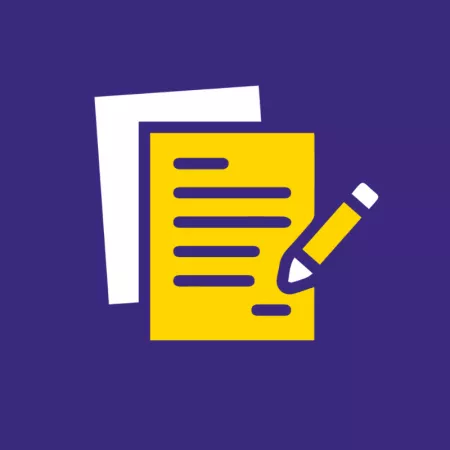Students with epilepsy have a right to be safe and included at school and college. We can help you ensure they are.
Young Epilepsy’s Guide for Schools provides important information, guidance and educational strategies for supporting children and young people with epilepsy to ensure they are safe and included in all aspects of school and college life.
The Guide will provide you with:
Information on seizures, including triggers, treatments, emergency medication and more.
Guidance on how epilepsy impacts learning, including an assessment tool. And how epilepsy can affect emotions and behaviours.
Plus:
- How to write a policy for supporting students with medical conditions
- How to complete an Individual Healthcare Plan (IHP) with easy-to-use template
- The ABLE tool for assessing behaviour and learning needs
- Guidance on communications and information sharing
- Quick links to Government Guidance for all four nations
- eLearning
- Classroom resources






